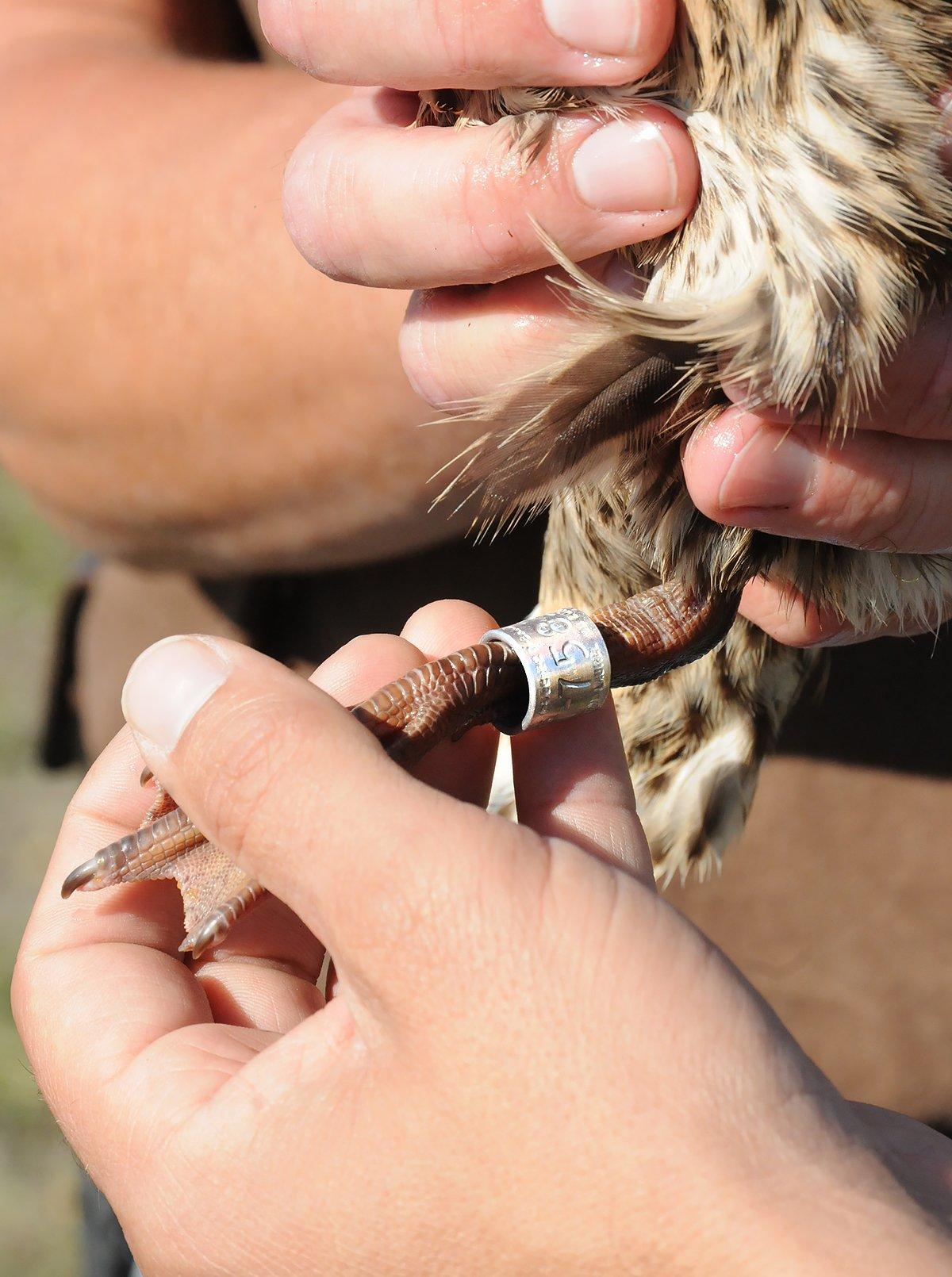Duck season is finished, but the process of preserving and enhancing waterfowl hunting shouldn't end.

Duck hunters can follow a similar path. Many forget about the world of waterfowl soon after hunting closes but then complain loudly when the next season doesn't meet their expectations.
The solution to both problems is simple: Get involved in the process early, and if you don't like the status quo, work to change it.
It might seem like an impossible task for hunters to affect macro-level improvement with micro-level input or resources, but every voice or action carries impact and can start progress. Let's look at a few ways you can make a difference between duck seasons.
Sign Up
Join Ducks Unlimited or Delta Waterfowl Foundation — or both. It's the easiest way to help waterfowl and other wildlife. For a few bucks, you'll help these conservation organizations improve habitat, protect resources and secure the future of waterfowl hunting.
Better, become involved with these groups at the local level, and serve as a volunteer or committee member. You'll get a better idea of how your conservation dollar is being spent and will meet like-minded hunters and wildlife enthusiasts. And you'll be working to improve something you love.
Habitat Work
Ducks need nesting habitat that's safe from predators, and you can help. Build wood duck boxes, which give hen woodies suitable nesting sites that protect them and their broods from predators, or Delta Waterfowl Hen Houses, which are designed to provide safe nesting platforms for mallards. You can easily find information for both online.
Place completed structures at appropriate locations. Wood duck boxes, for example, should be placed within 200 yards of suitable brood habitat for ducklings to survive after they leave the nest. Don't worry if you must place these structures at refuges or private wetlands you'll never hunt. You're still creating habitat to improve local duck populations.
Get the Band Back Together
Similarly, volunteer to help out with local waterfowl banding efforts. Data gathered from recovered bands reveals information about waterfowl migration routes, and harvest and survival rates, and volunteers can play critical roles in banding missions.
Talk to state or federal wildlife biologists about banding opportunities. Then, make time to help out for a day or two, even if it involves something as simple as helping to herd flightless local Canada geese to biologists during banding programs at parks or golf courses. You'll learn loads about waterfowl management, help time-strapped biologists and meet fellow waterfowl hunters.
Be Informed
Every duck and goose hunter should learn as much as possible about the birds they pursue and the challenges they face. Being informed is the first step toward providing constructive feedback to waterfowl managers and being a good representative of the duck hunting lifestyle.
Knowledge of conservation and waterfowl harvests lets you dismiss empty-headed criticism of duck and goose hunting. Likewise, staying in the know allows you to tell others about threats to waterfowl — including the alarming loss of Conservation Reserve Program acreage or the declines in many sea duck populations — and how hunters are striving to overcome those hurdles. Plus, deep knowledge about the birds you hunt will only help you afield.
Be Heard
Use your passion and knowledge to speak out for conservation or against bad policy. Attend your state's pre-season waterfowl information meetings, and comment for or against proposed rules, bag limits and other season structures. Contact state wildlife biologists or legislators with criticism or support of programs or laws that affect waterfowl. Push politicians to make the right decisions for wildlife.
True, you only have one voice in a sea of noise, but your opinions are just as important as those of anyone else. Make sure you — a waterfowl hunter who gives money and time for his passion — are heard.






